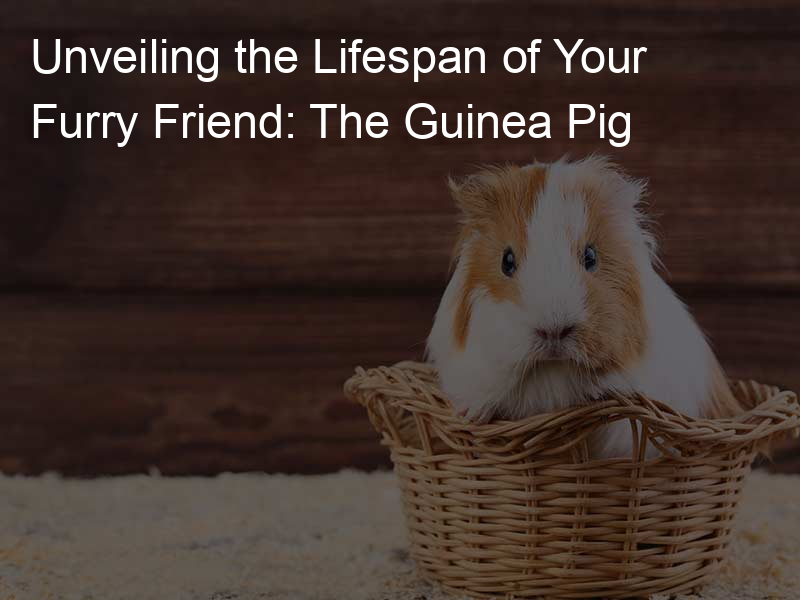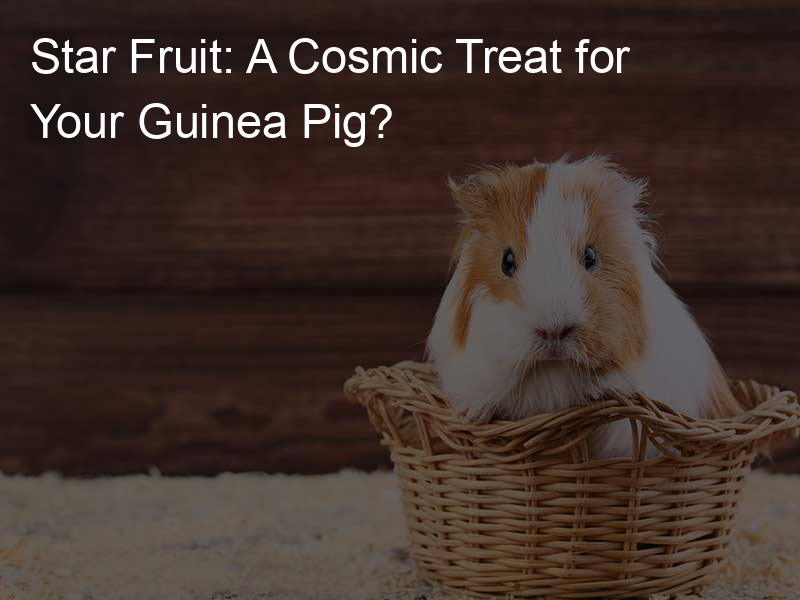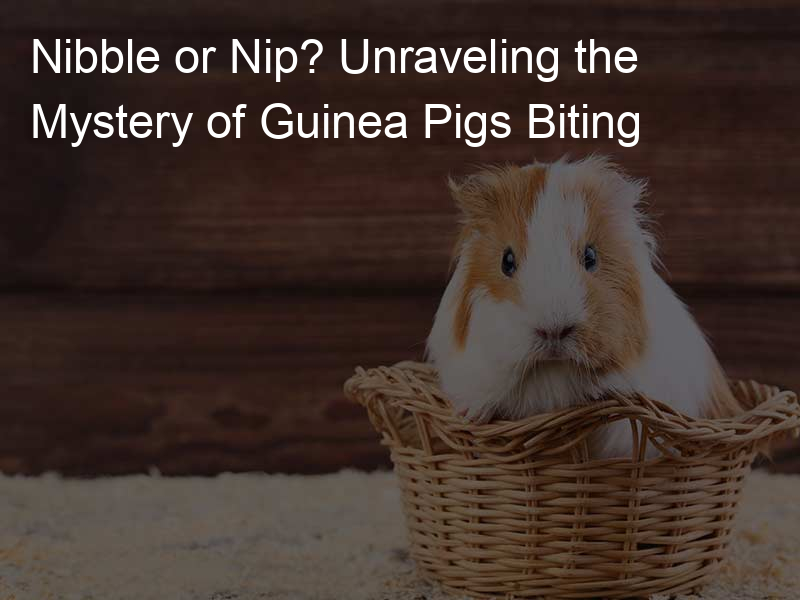Do you love your guinea pig? Of course, you do! They’re so cute and cuddly. But did you know that there are some foods that are toxic to guinea pigs? In this blog post, we’ll go over which foods are toxic to guinea pigs so that you can keep your pet safe and healthy.
Trust us, you don’t want to accidentally feed your guinea pig something that could make them sick or worse. So read on and learn about the dangers of feeding your guinea pig the wrong thing.
1. Many common fruits and vegetables are toxic to guinea pigs, including grapes, tomatoes, potatoes, and cabbage.
2. Some kinds of nuts and seeds can also be harmful, as well as chocolate and caffeine.
3. If you’re unsure about whether a food is safe for your guinea pig, it’s best to err on the side of caution and avoid feeding it to them altogether.
4. If your guinea pig does eat something that is poisonous to them, seeks professional medical help immediately.
5. To prevent accidental poisoning, keep all food items stored safely out of reach of your guinea pig’s cage.
What foods are poisonous to guinea pigs?
As cute and curious as guinea pigs can be, they need to be protected from certain foods they shouldn’t eat. Many of the treats we give ourselves can also be dangerous for our furry friends; things like chocolate and fruit with lots of sugar are not good for them.
Other items like onions, garlic, and heavy grains should always stay away from your guinea pig’s diet as well. If you ever have questions about what is safe for your guinea pig, it’s best to consult a veterinarian or check resources online.
Symptoms of guinea pig poisoning.
Guinea pig poisoning can be an extremely serious issue, so it’s important to familiarize yourself with the symptoms in order to quickly identify when your pet is suffering from poisoning. A guinea pig may experience a number of signs of toxicity, such as vomiting, lethargy, lack of appetite, bleeding under the skin, diarrhea, difficulty breathing, and seizures.
If any of these symptoms are present, you should immediately contact a veterinarian for advice and treatment. It’s also important to keep an eye out for the source of the poison so that it can be avoided in the future or properly disposed of to prevent further harm. Protect your guinea pig by checking its environment frequently!
What is safe for guinea pigs to eat daily?
Feeding guinea pigs correctly is essential to keeping them healthy and happy! Fresh vegetables like kale, cucumber, peppers, parsley, carrots, and spinach are a great source of nutrition for them. Fruits like apples and blueberries are also good for occasional snacks. You should also provide hay every day for them to nibble on and lots of fresh, clean water.
Avoid sugary treats and high-starch foods; too much sugar can lead to obesity and other health issues. The most important thing is to keep a balanced diet and portion sizes appropriate for the size of each guinea pig. With the right everyday meals and snacks, your furry friends will thrive!
What human food can guinea pigs not eat?
Guinea pigs might not be human, but they still have a few of the same preferences as us. While they love burrowing in fresh hay and nibbling on crunchy veggies like carrots, there are some foods you should definitely not give them because they can be unhealthy and sometimes even dangerous.
Some examples of human food that guinea pigs shouldn’t eat include chocolate, onions, garlic, junk food, chips, and sneaky things like avocado! While it might seem tasty to sneak a little something for your furry friend every now and then, this could end up causing your guinea pig more harm than good. Always check with your vet before giving them anything from your plate to make sure it won’t cause any harm.
What fruit can a guinea pig eat?
If you’re a guinea pig owner or are thinking of becoming one, you may be wondering what kind of fruits your furry friend can enjoy. Fortunately, there is a wide variety to choose from! Apples, pears, blueberries, grapes (sliced in quarters), melon, and mango are all good choices. Strawberries are also great snacks for Guinea Pigs but should not be given too often.
Banana slices are also happily accepted by most guinea pigs, just make sure they’re in small pieces so their little mouths can handle the treat easily! It’s important to remember that while guinea pigs love fruit, it should only ever make up a little portion of their diet. Fruits provide additional vitamins and minerals that help keep our pet friends healthy and happy – but they still need other sources of sustenance to stay that way!
What do guinea pigs drink?
Guinea pigs may be cute, but they actually have unique hydration needs. Unlike some other pets, they don’t rely on a water bowl – instead, they need access to plain water throughout the day to stay healthy. In fact, an adult guinea pig should have one ounce of water per every pound of its body weight daily. You can give them plain water from a bottle or bowl – just make sure to keep it clean and be vigilant about refilling it when it’s low!
They also like to drink from water droplets on leaves or wet grass, so if you want to keep your little pal happy, you can even let them out of the cage for a supervised sip of nature’s best-kept beverage.
Wrapping it up!
guinea pigs are generally very healthy animals, but there are a few things that they can’t eat. Firstly, any food that is poisonous to humans is also poisonous to guinea pigs. Secondly, symptoms of guinea pig poisoning include diarrhea, vomiting, and lethargy. Finally, what do guinea pigs drink? They should have access to fresh water at all times.







